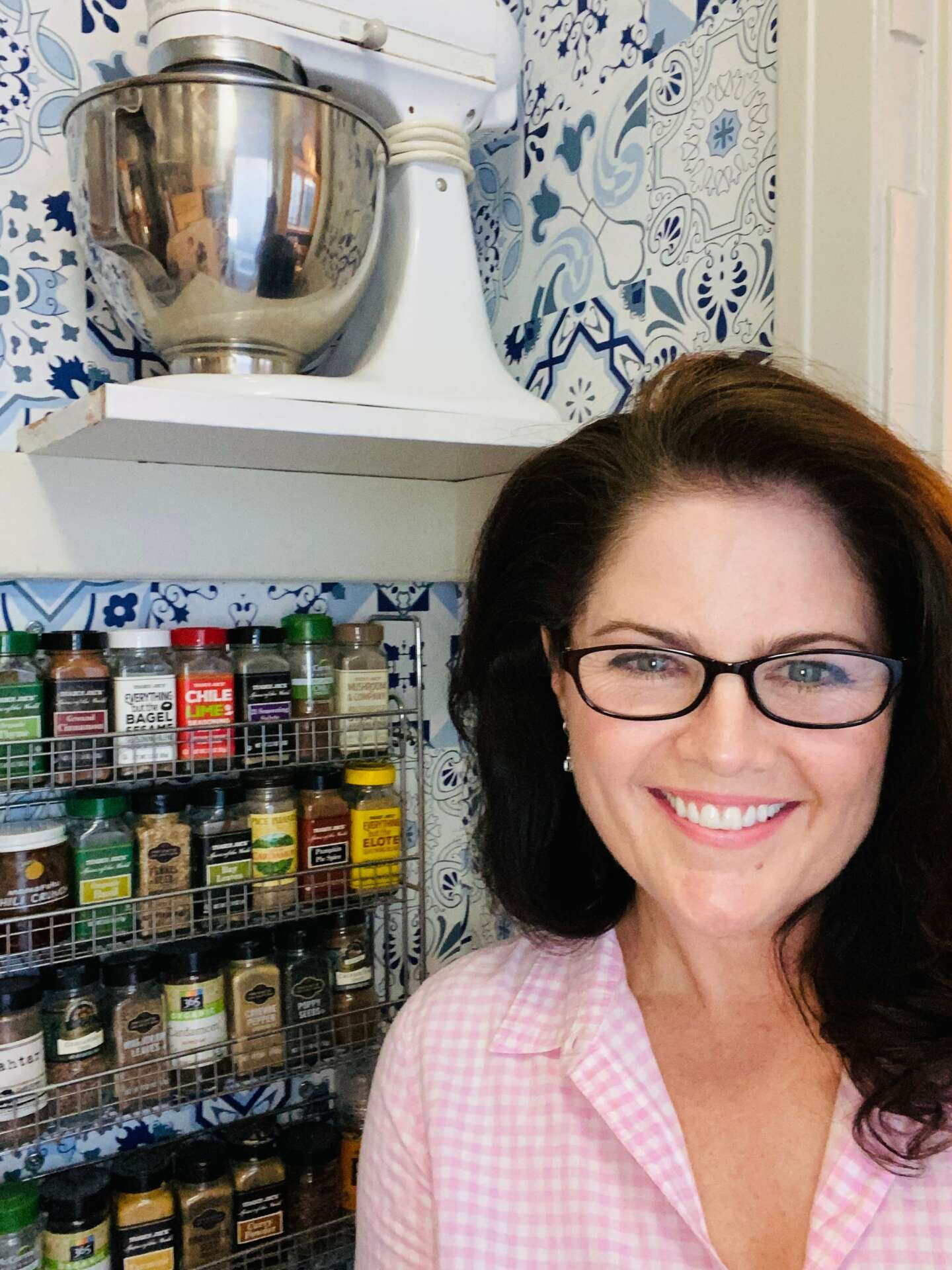We were lucky to catch up with Molly Mayville recently and have shared our conversation below.
Molly, thanks for joining us, excited to have you contributing your stories and insights. What’s the backstory behind how you came up with the idea for your business?
For many years, I was an assistant to a very creative and entrepreneurial CEO. I did everything from caring for beloved pets, to event planning, to commercial property & airbnb management. The job required broad flexibility and absolute discretion, and my favorite tasks were always the ones where, either at the office or at a residence, I had to make sense out of a mess.
With Molly Puppins, whilst caring for animals, I was living my daily life in other peoples’ homes. I got to see with fresh eyes the inconveniences that people start to ignore over time; Countertops filled with hardly used items, overstuffed drawers that don’t close, cluttered corners and floor space, pantries filled with expired food, and no homes for the most basic household items, like keys and mail. I realized that it doesn’t even occur to people how much easier their lives could be, often with minor adjustments.
I’m a Navy kid, and order comforts me. Both of my parents kept immaculate spaces – at work, at home, in the car. As a young babysitter, I organized tupperware and pots & pans after the kids went to sleep. And at 12, when I got my own bedroom, I regularly rearranged the furniture and tried new ideas. I loved playing around with the space, and that’s where I learned that the way a space feels will always matter more than the way it looks.
I started out with small jobs; closets, entryways, laundry rooms. It wasn’t until after I saw the way these results affected my clients’ daily lives that I realized this career choice could be such a meaningful and passionate endeavor for me. I would get texts from clients who were sitting on the floor of their new closet, or standing in the doorway of their new office, and they were just so joyful. They now loved a space that they couldn’t stand a week before. I was starting to understand how impactful it is to offer order in our complicated world.
I lost my father as a teenager, and my mom in 2017. The aftermath of their deaths gave me first-hand appreciation for the physical and emotional mess people experience after losing parents, particularly the last parent. More and more of my clients are dealing with an enormous haul of inherited goods, alongside feelings of intense obligation and overwhelming grief. I feel particularly suited to help people navigate these decisions. And really, that’s what organizing is: making decisions.
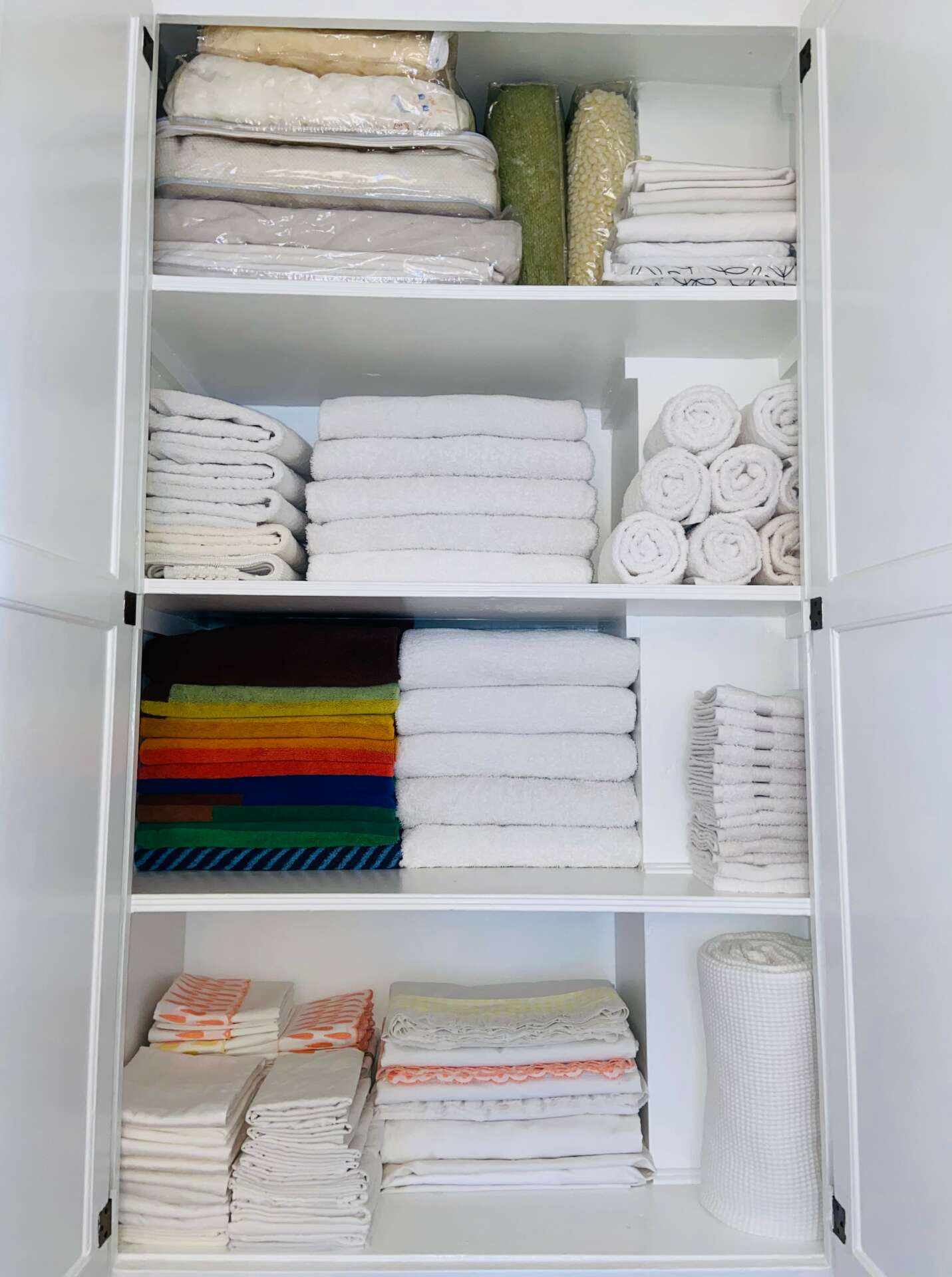
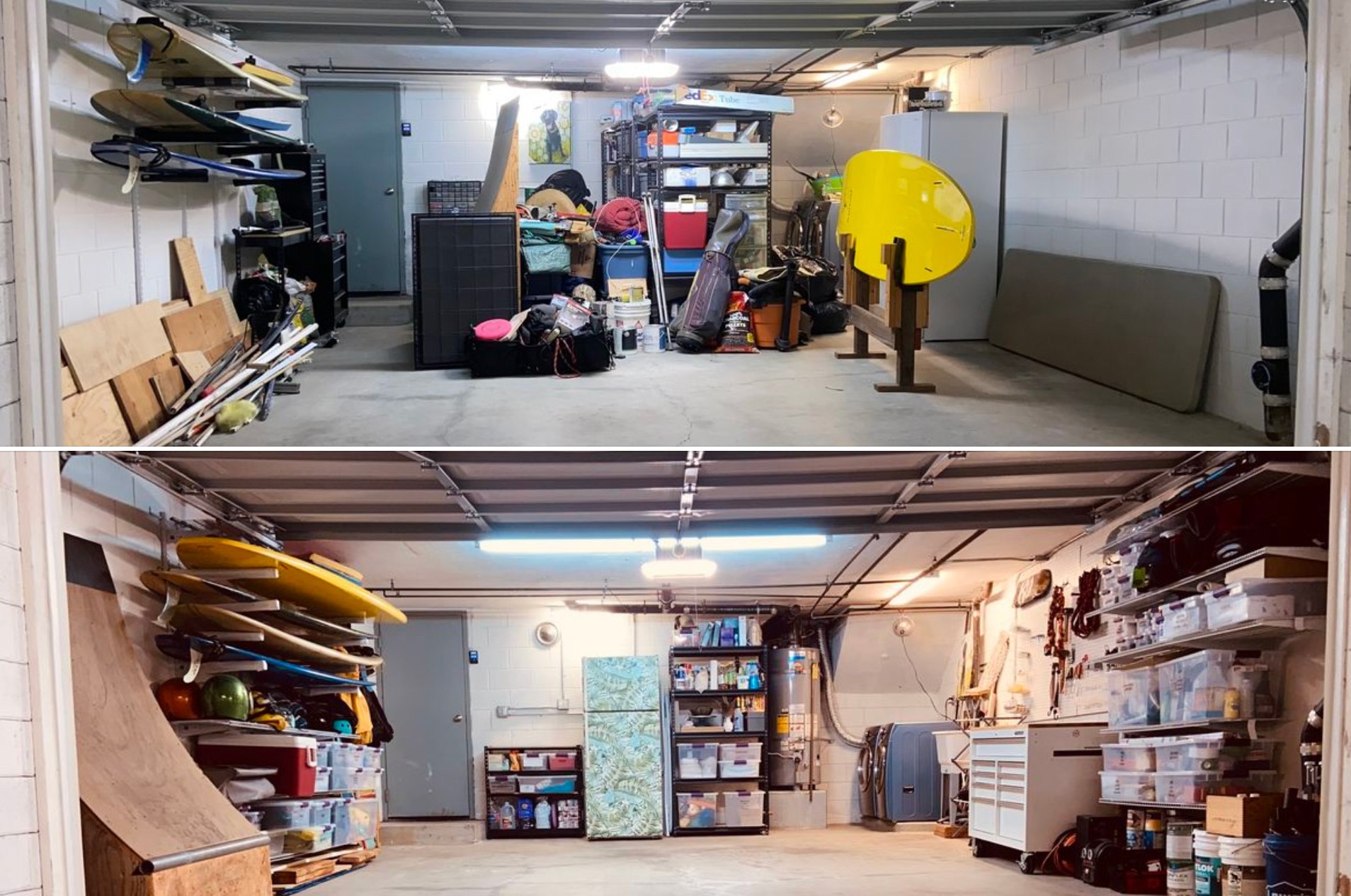
Great, appreciate you sharing that with us. Before we ask you to share more of your insights, can you take a moment to introduce yourself and how you got to where you are today to our readers.
I am a values-based, residential organizer in Los Angeles. I work one-on-one with people to eliminate clutter from their homes and minds, based on their personal values and goals. And then I create purposeful, usable spaces to help them move toward the future they want!
The purging process comes first, and can be quite emotionally fraught. Simply put, buying and collecting gives us immediate gratification and lets us avoid our feelings. So, when we approach the “why” of having kept these items, feelings that have been buried start to come up. Divorce, death, job loss, health issues… If things got out of hand, there’s a reason and it’s likely painful. We come across potential projects that went unrealized and it makes us feel like failures. Many, many clients start our first meeting by explaining their mental health diagnoses, and ADHD and depression are ever present. My heart aches for those who end up isolated by these disorders, which unquestionably exacerbate organizational issues.
Seeing all the shows and Instas pop up was exciting at first, because it helped me to see organizing as a viable career. And truly, it is incredible to have these resources at the tip of our fingers. But yikes, the waste! The constant deliveries, individual packaging, the boxes and plastic everywhere. Some purchasing is almost always necessary, but we are ultimately trying to simplify and get rid of stuff. When clients are amenable, I reuse and repurpose existing possessions, and utilize community resources like Buy Nothing to stay materially conscientious and on-budget.
Another ugly byproduct of social media is the anxiety and shame it breeds. Folks see these pristine kitchens and garages, and start to believe that, a) this is what it looks like to be organized, and b) their home is an utter failure and so are they. Reader, if you take anything from this, let it be that home organization is not a moral issue. You are not a better person if your pantry looks like a candy shop on steroids, and beyond that, even wealthy folks with full time child care do not maintain what we’re seeing there. What solves your problems will have more to do with acknowledging your habits and priorities than any product will. And sometimes, organizing isn’t even necessary. There is enough space, you’ve just gotta let go of the stuff.
Going through all this with my clients builds trust, and often bonds us. These personal connections are a rich, rewarding part of the job, and I wouldn’t have it any other way. I’m somewhat proud to say that I haven’t once advertised, as all my clients are referrals from other satisfied clients. When doubts creep in and I start to question my value, I come back to this.
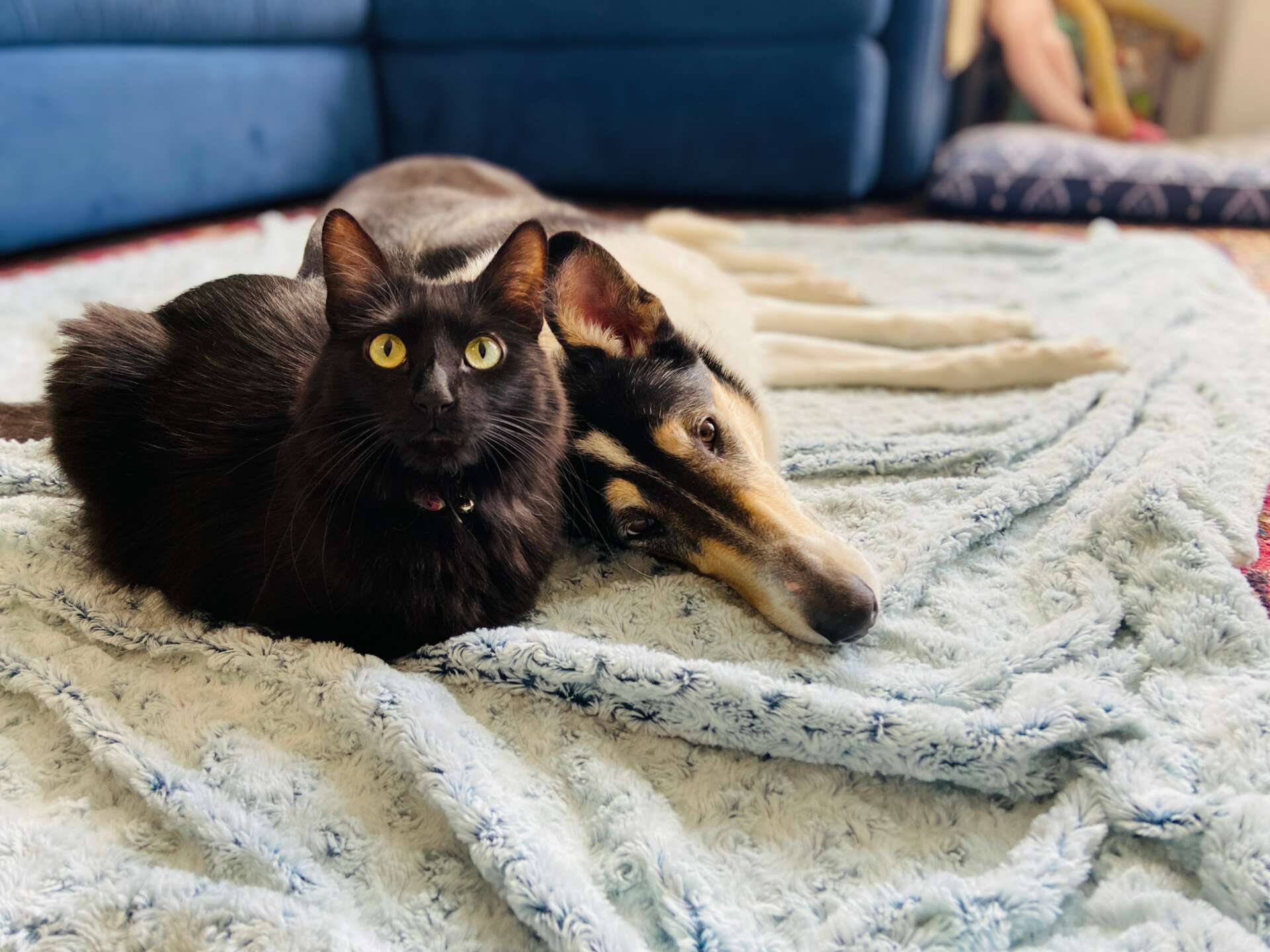
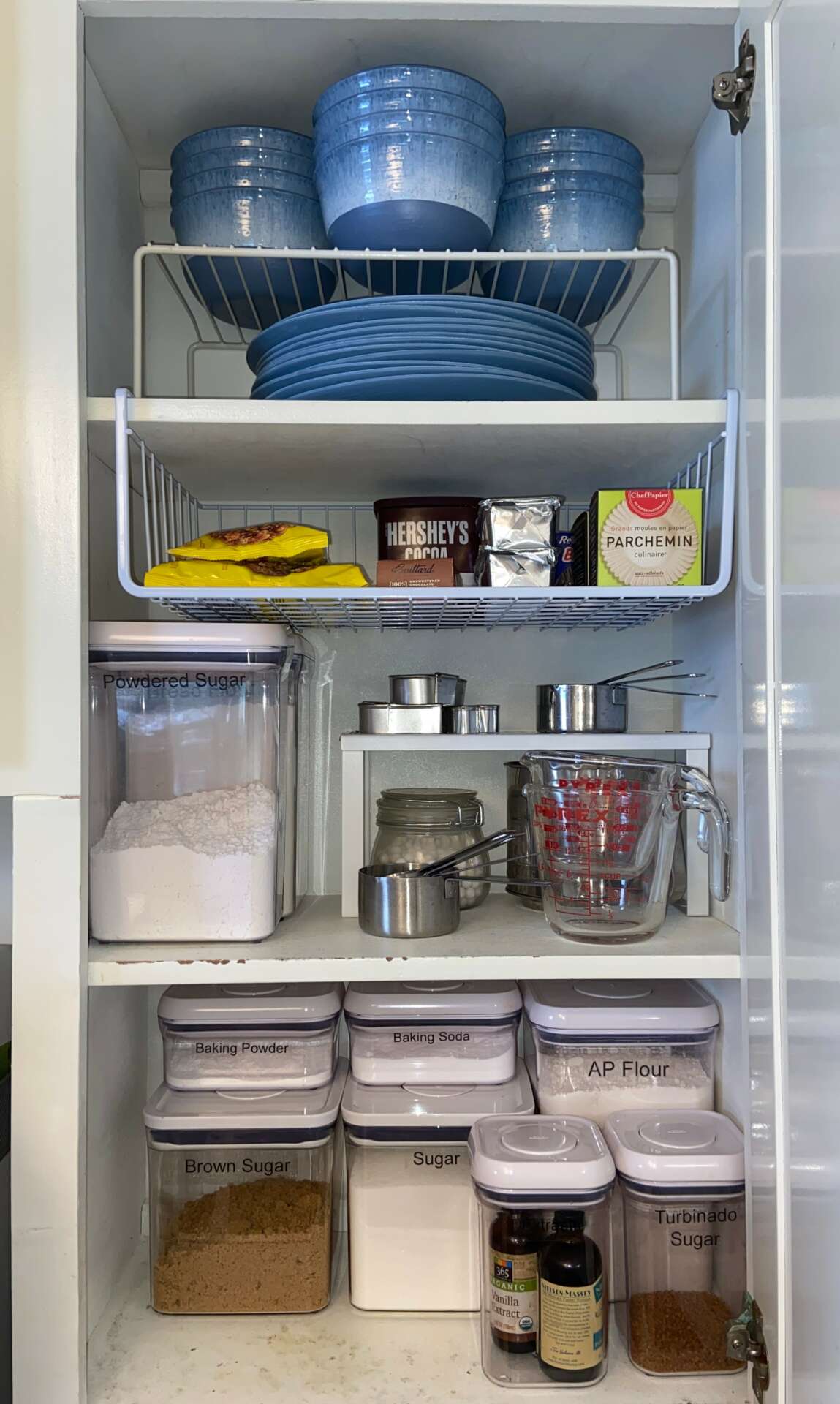
What’s a lesson you had to unlearn and what’s the backstory?
When I first started accepting organizing jobs, I was expecting clients to be able to articulate what they needed from me, and that wasn’t fair. By the time someone calls me, they’ve already tried to Kondo their house, they read the books and watched the tv shows and none of it worked. They’ve come to the conclusion that they need help from an experienced professional, they are prepared to invest their time and treasure in me, and they expect that I will take the lead and command the space. It was a bigger responsibility than I predicted, but people need to be confidently and regularly assured that relief is achievable.
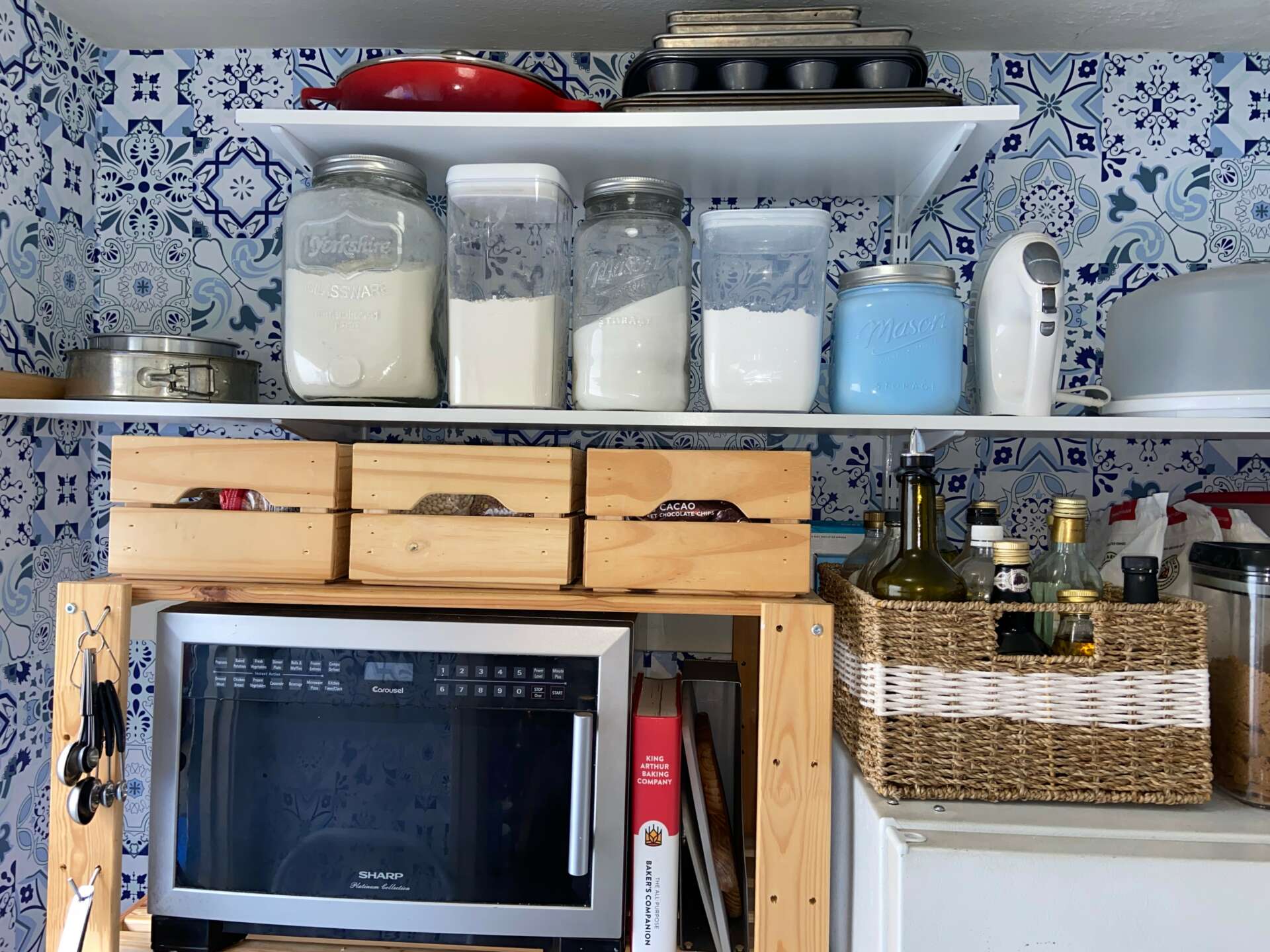
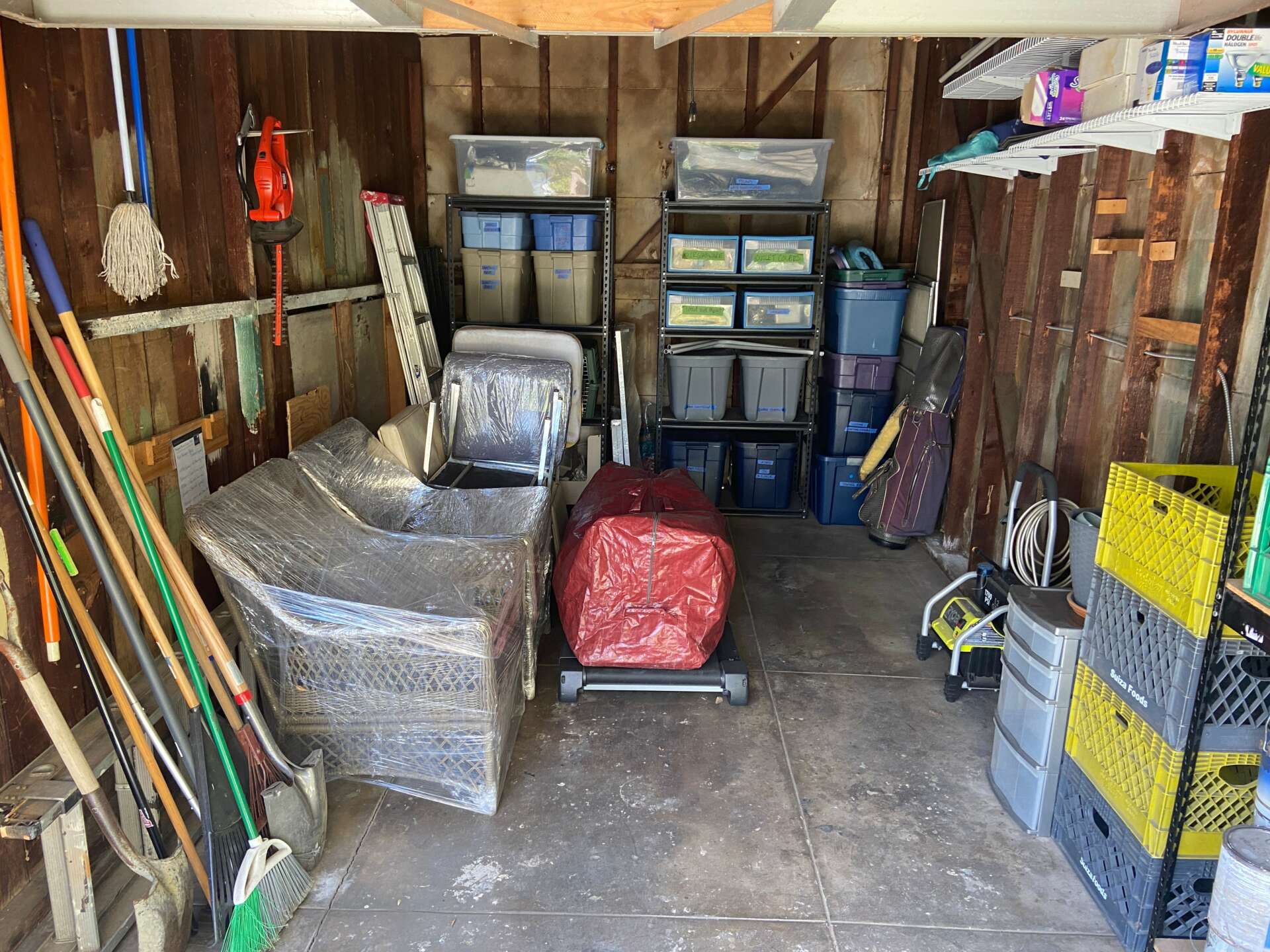
What do you think helped you build your reputation within your market?
People like that I’m relatable and grounded. I live with my partner in a tiny bungalow, and having to stay tidy and minimal makes me a better organizer. I also understand how many of our decisions are actually based in fear; What if I need it in the future and can’t afford it? What if Aunt Linda expects those towels to be displayed when she comes over at Thanksgiving? What if I need a Thomas Guide to escape the zombie apocalypse? Nostalgia is not joy, and joy is not the metric we’ll get the best results with, anyway. “Is this part of my future?” is the defining question. It forces us to acknowledge our desires for what’s ahead, and this informs which items will help us get there.
Sometimes, people don’t want to be part of the process at all. They’ll open a door to a garage or office, usher me in, and say, “See what you can do!” Those are really fun gigs, I enjoy that. But I would say that what’s most exciting for me currently is the petsitting-organizer combo. It’s becoming a favorite with my clients. We do the purge before the trip. Then, I stay at the house and take care of their furry beloveds, implement the new design while there, and clients come home to a brand new space! It’s been a huge success so far, and I hope to make it commonplace.
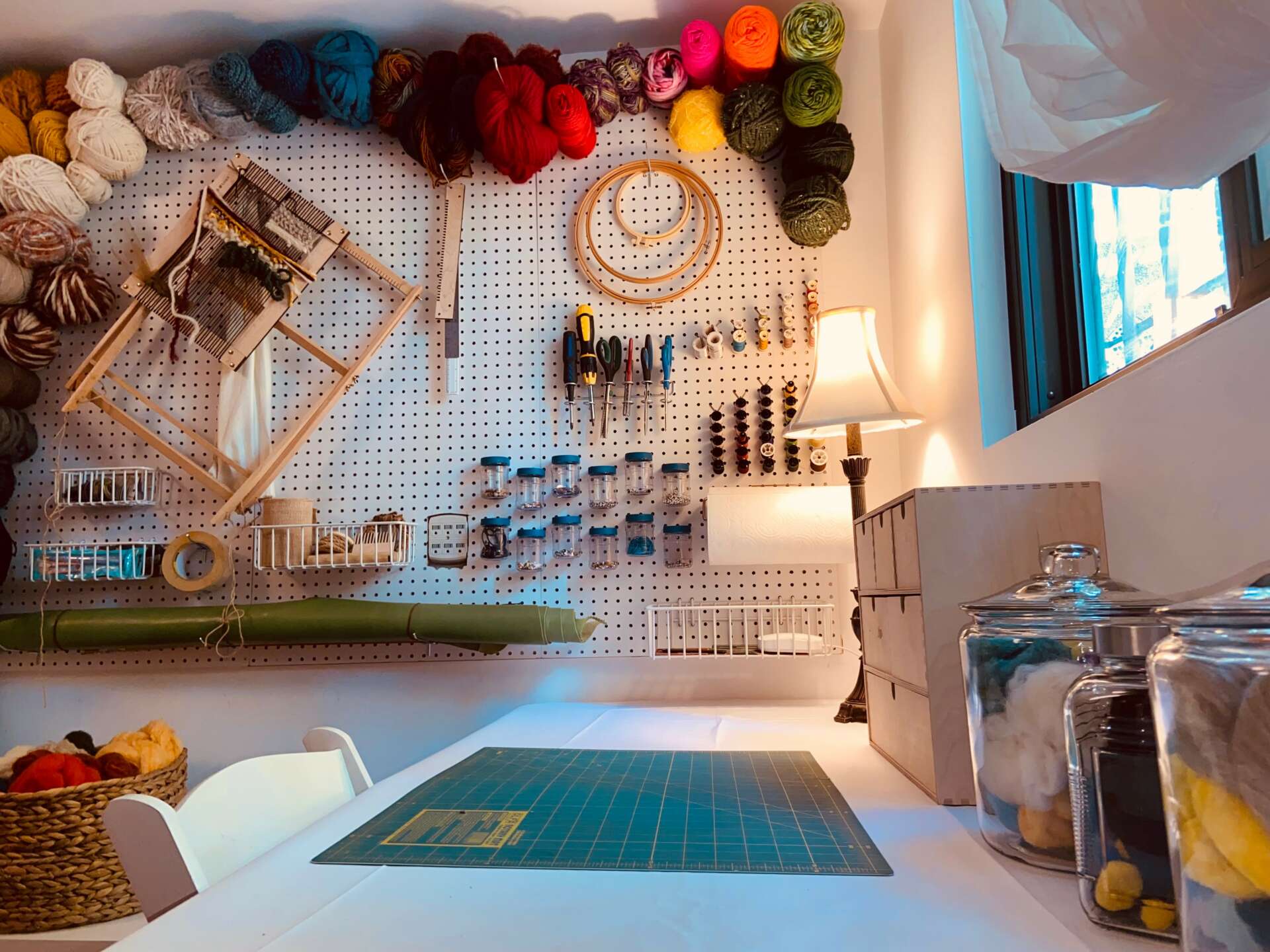
Contact Info:
- Website: www.mollymayville.com
- Instagram: organizingwithmolly


